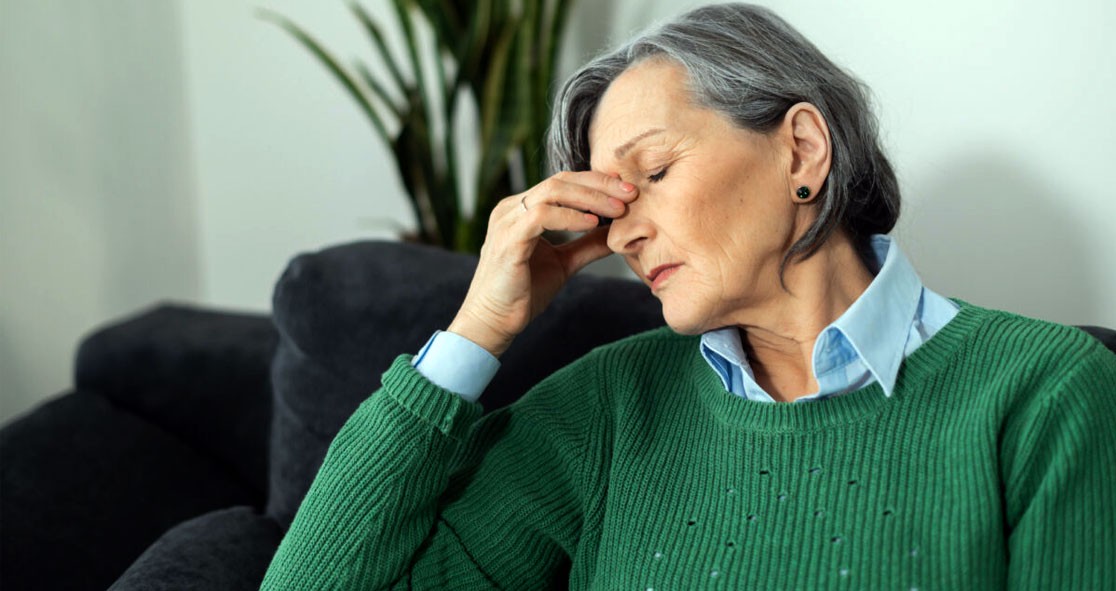A new study led by the researchers of the University of Exeter has found that poor sleep in people over 50s is associated with more negative perceptions of aging, which could affect physical, mental, and cognitive health.
The study, published in Behavioral Sleep Medicine, found that older individual who rated their sleep the worst perceived their own physical and mental aging more negatively.
Lead author Dr. Serena Sabatini said, “As we age, we all experience both positive and negative changes in many areas of our lives. However, some people perceive more negative changes than others.”
“As we know that having a negative perception of aging can be detrimental to future physical health, mental health, and cognitive health, an open question in aging research is to understand what makes people more negative about aging,” she added.
Dr. Sabatini explained, “Our research suggests that poor sleepers feel older, and have a more negative perception of their aging. We need to study this further – one explanation could be that a more negative outlook influences both. However, it could be a sign that addressing sleep difficulties could promote a better perception of aging, which could have other health benefits.”
The study looked at more than 4,480 people aged 50 and above. They took regular cognitive tests and complete lifestyle questionnaires online. The researchers wanted to understand what helps people stay cognitively healthy in later life.
The participants were then asked whether they had experienced any negative age-related changes, such as poor memory, fatigue, increased dependence on the help of others, decreased motivation, and decreased physical activities. They also rated their quality of sleep.
Prof. Clive Ballard of the University of Exeter said, “This research is an important part of the growing body of evidence about the crucial role of sleep in healthy aging. We now need more people to sign up to PROTECT , to help us understand this further.”
“We’ve got some exciting trials ahead on how to optimize sleep in some particularly vulnerable groups, such as people with dementia in care homes,” he added.























